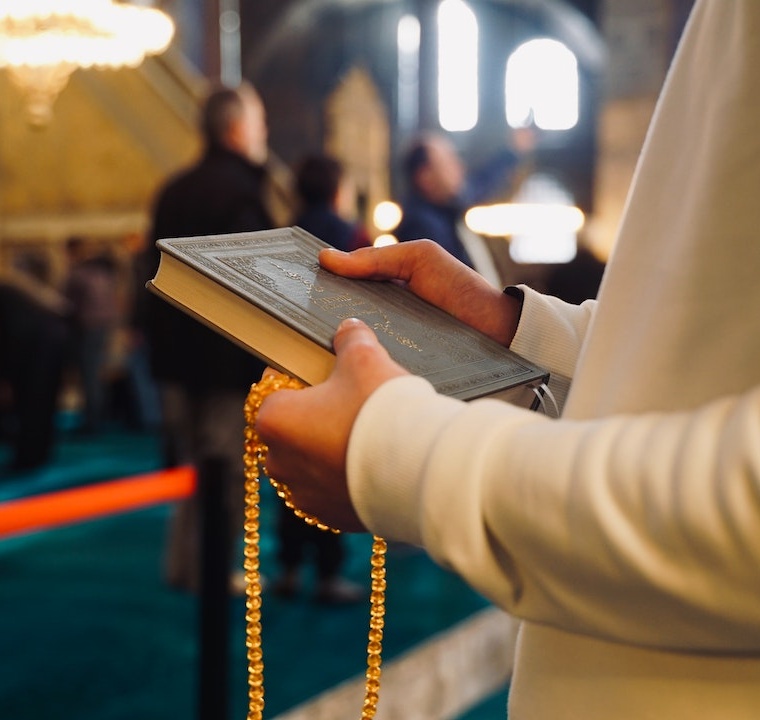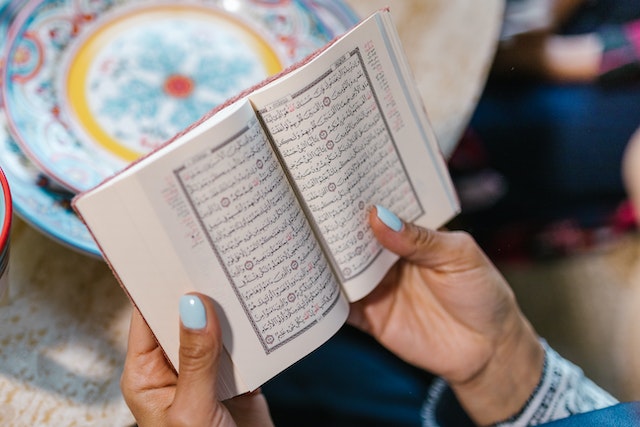Introduction:
Islamic marriages hold a special place within the Muslim community, representing a sacred bond between two individuals united in love, faith, and commitment. Rooted in the teachings of Islam, these marriages emphasize mutual respect, understanding, and cooperation, fostering a strong foundation for family life. Let’s explore the key aspects of Islamic marriages and the values that underpin this beautiful institution.
- Contractual Nature:
In Islamic tradition, marriage is regarded as a contractual agreement between a man and a woman, both of whom willingly consent to the union. The marriage contract, known as the “Nikah,” is a formal agreement that outlines the rights and responsibilities of both partners. This contract serves as a means of establishing a fair and just relationship, ensuring the protection of the couple’s rights and interests.
- Spiritual and Emotional Connection:
Beyond its contractual nature, an Islamic marriage is deeply rooted in spirituality and emotional connection. Quranic verses and Hadith emphasize the importance of love, compassion, and kindness between spouses, encouraging them to be each other’s comfort and support. The Prophet Muhammad (peace be upon him) exemplified the ideal husband, treating his wives with love, respect, and tenderness.
- Family Values:
Islamic marriages place great importance on family values, emphasizing the roles and responsibilities of each spouse within the family unit. Husbands are encouraged to provide for their families, while wives are respected as homemakers and nurturers of their children. However, Islam recognizes the individuality and unique talents of each person, allowing for flexibility in how these roles are carried out.
- Mutual Support and Equality:
Islam advocates for mutual support and equality between spouses. Both partners are encouraged to contribute to the well-being of the family, making decisions together and sharing responsibilities. Islamic marriages uphold the principle of equal worth and dignity for both husband and wife, fostering an environment of cooperation and harmony.
- Pre-marital Preparations:
Islamic teachings emphasize the importance of seeking compatibility and shared values before entering into marriage. While physical attraction may be a factor, greater emphasis is placed on character, piety, and shared goals. The involvement of families in the matchmaking process is common in many Muslim cultures, aiming to ensure a successful and harmonious union.
- Preservation of Chastity:
One of the purposes of marriage in Islam is to promote chastity and protect individuals from engaging in premarital or extramarital relationships. Through marriage, Muslims are encouraged to channel their natural instincts and desires within a lawful and moral framework, contributing to a healthy and stable society.
Conclusion:
Islamic marriages exemplify the beauty of love, commitment, and spiritual connection. Rooted in the teachings of Islam, these unions celebrate the values of mutual respect, equality, and family. With a strong emphasis on contractual agreements, spiritual and emotional bonds, and family values, Islamic marriages lay the groundwork for happy and fulfilled lives for both partners. As this sacred institution continues to be celebrated within the Muslim community and beyond, it serves as a shining example of the profound impact that love and commitment can have on individuals, families, and society as a whole.




